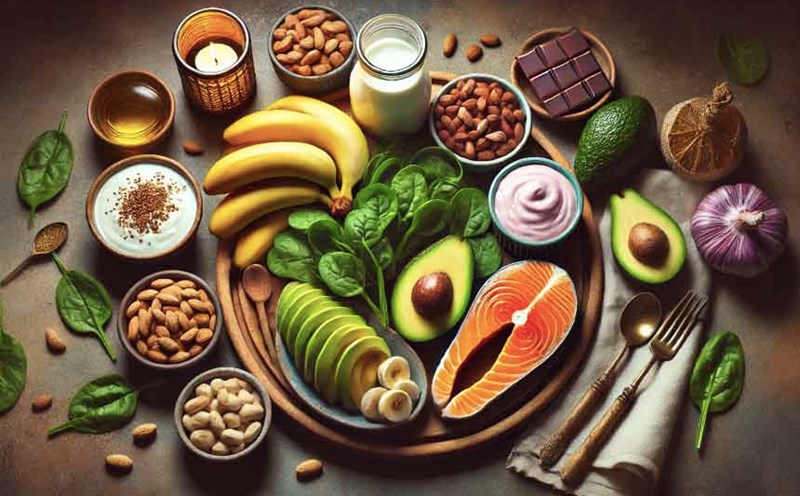Thanks to its high water content, minerals and some compounds that naturally support sleep, watermelon is receiving attention in nutrition and sleep research.
One of the notable ingredients in watermelon is lycopene - a powerful antioxidant. According to research from The American Journal of Clinical Nutrition, a diet rich in lycopene is associated with improved sleep time and quality in adults.
Watermelon also provides vitamin B6, a micronutrient necessary for the synthesis of serotonin and melatonin two important neurotransmitters in regulating sleep.
Melatonin is a hormone that helps regulate the circadian rhythm of sleep - wakefulness. Although watermelon does not contain melatonin directly, the nutrients in it support the body's production of melatonin, especially when eaten in the evening.
To support sleep, housewives should prepare a small amount of watermelon, about 12 slices, so that members eat about 1-2 hours before bed. This helps the body to be hydrated, helps detoxify and cool down, and avoids the situation of overnight if eating too late or too much. You should eat watermelon fresh, avoid combining it with other welded foods in the evening to avoid causing a cold belly.
However, people with blood sugar or diabetes should be careful because watermelon has a high glycemic index. It is recommended that when choosing foods that help you sleep well, you balance the amount of sugar and the time of consumption so as not to cause metabolic disorders at night.
Watermelon can be a natural aid to sleep if eaten properly, at the right time and in the right amount.











